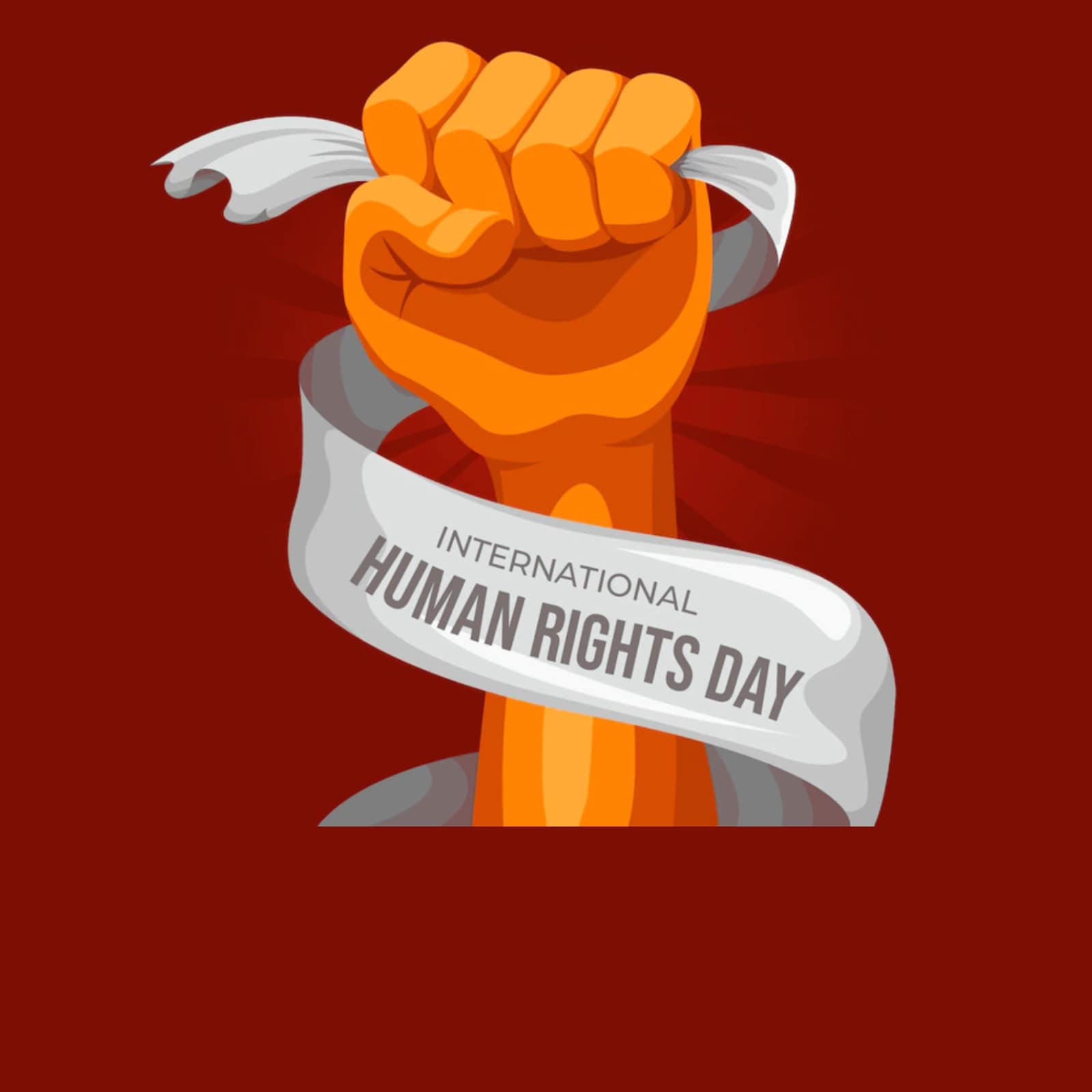Analysis of Human Rights Violations in Nigeria (2015-2024): Rising or Declining?

By Zaharaddeen Ishaq Abubakar
December 10 is designated by the United Nations to raise awareness and fight against human rights violations globally. Human rights violations refer to acts of force, abuse, or legal, religious, and cultural breaches that infringe on individuals' rights, often causing significant suffering.
In Nigeria, numerous reports have highlighted human rights abuses by security agencies and other sectors, particularly between 2015 and 2024. This analysis examines the types of violations, their examples, and their impact on society.
Security Forces and Abuse of Power
This issue is among the most significant challenges faced by citizens. Many reports indicate abuses committed by soldiers, police, and other security agencies, including:
- Zaria Massacre (2015): This remains a historical lesson where soldiers killed hundreds of Shiite members following clashes with the Islamic Movement in Nigeria (IMN).
- EndSARS Protests (2020): Youth demonstrations against the Special Anti-Robbery Squad (SARS) escalated into widespread unrest, with reports of killings and injuries at Lekki Toll Gate and other locations.
Violence During Protests
- End Bad Government Protest: Demonstrators faced excessive force as security agencies suppressed freedom of speech. This led to shootings and rights abuses, especially in Kano and other northern states.
Abuses During Terrorism and Conflicts
- In various instances, security forces used excessive force in counter-terrorism operations. For example, in the northeast, reports revealed violations of women’s and children’s rights during military campaigns.
Government and Political Leaders’ Abuses
- Many reports detail how politicians and officeholders exploit security agencies to violate citizens’ rights through unlawful detentions and intimidation.
A Decade of Human Rights Violations: Rising or Declining?
According to reports from non-governmental organizations like Amnesty International, the Human Rights Advocacy and Awareness Center (IHRACC), and Human Rights Watch, human rights violations in Nigeria increased significantly between 2015 and 2024. This rise is attributed to government negligence, poor governance, lack of accountability, and security forces’ excessive measures.
Reasons for Increased Violations:
1. Government Negligence: Failure to discipline security forces for misconduct.
2. Weak Legal Structures: Lack of robust laws to safeguard citizens' rights.
3. Insecurity: Issues like Boko Haram, IPOB, banditry, and herder-farmer clashes have led to unchecked force by security operatives.
Notable Examples of Violations:
1. Shiite and Military Clash (2015): Over 300 civilians killed, as confirmed by Kaduna State’s government report.
2. EndSARS (2020): Reports confirmed over 56 deaths during protests nationwide.
3. Kaduna and Enugu Conflicts: Farmer-herder clashes caused numerous deaths, with no effective intervention.
4. Unjust Detentions: Amnesty reports reveal widespread detentions without trial.
Addressing the Challenges
To reduce human rights violations, the following steps are necessary:
- Establish independent committees to investigate abuses and punish offenders.
- Use modern technology to monitor security forces.
- Educate citizens on their rights to protect themselves from abuses.
Human rights violations increased significantly between 2015 and 2024 due to ineffective governance and the excessive use of force. Urgent measures are needed to protect citizens' rights and promote peace.

